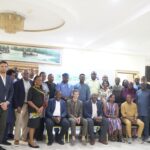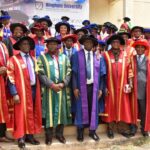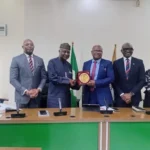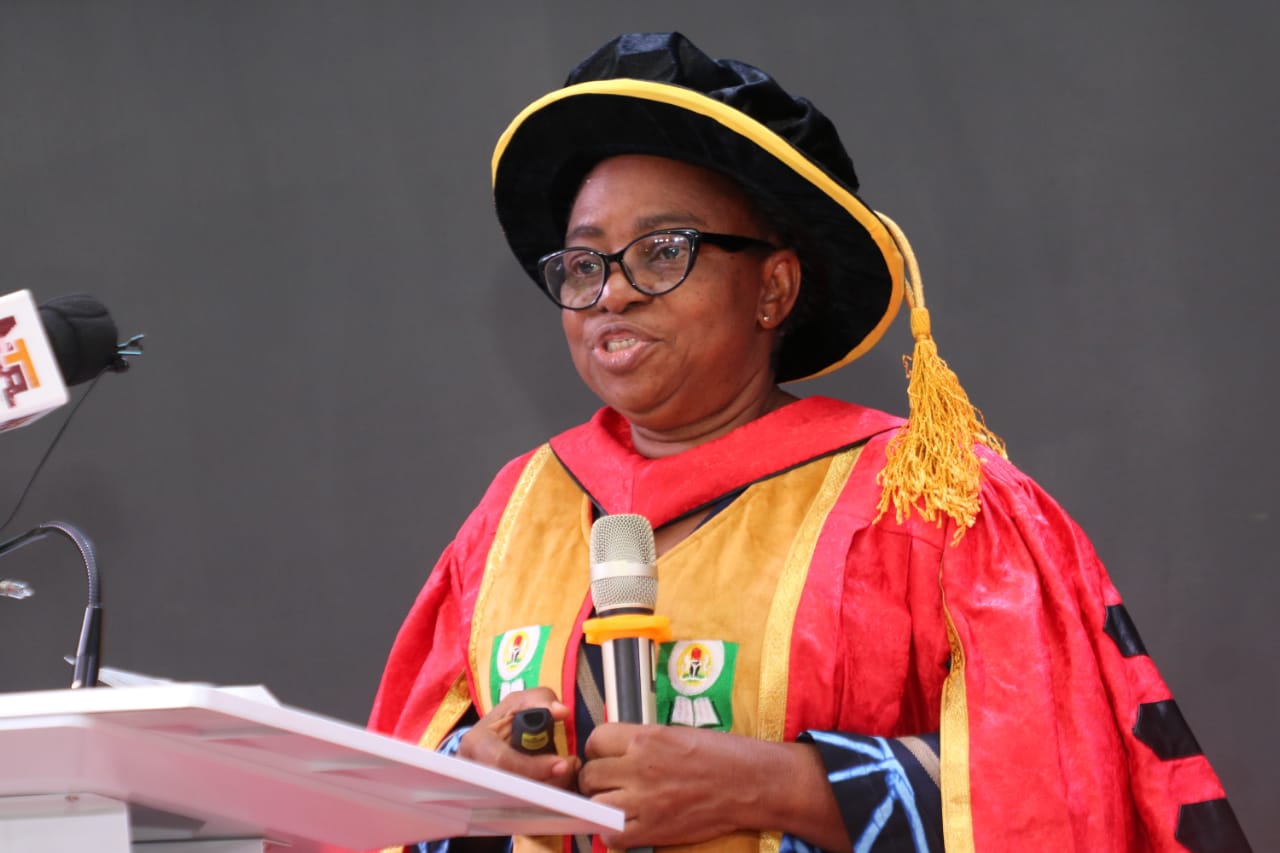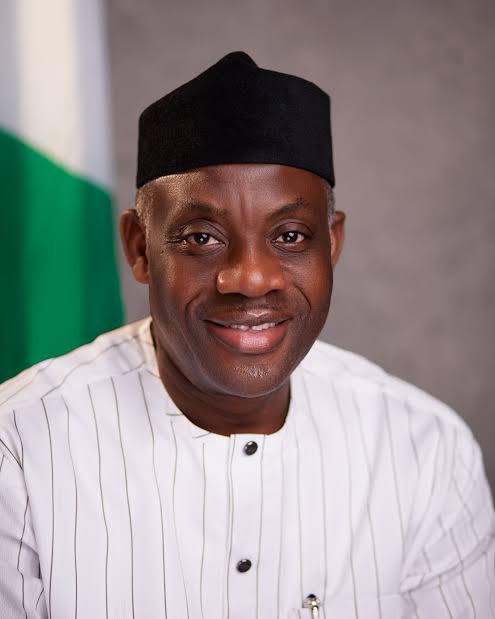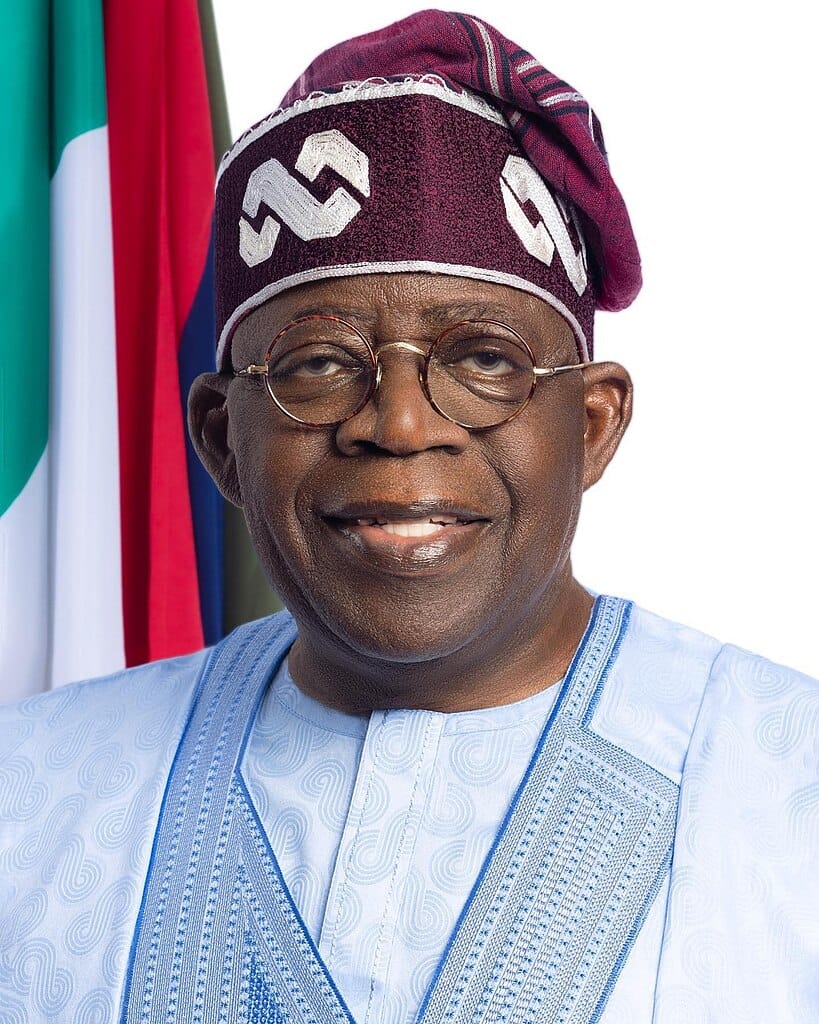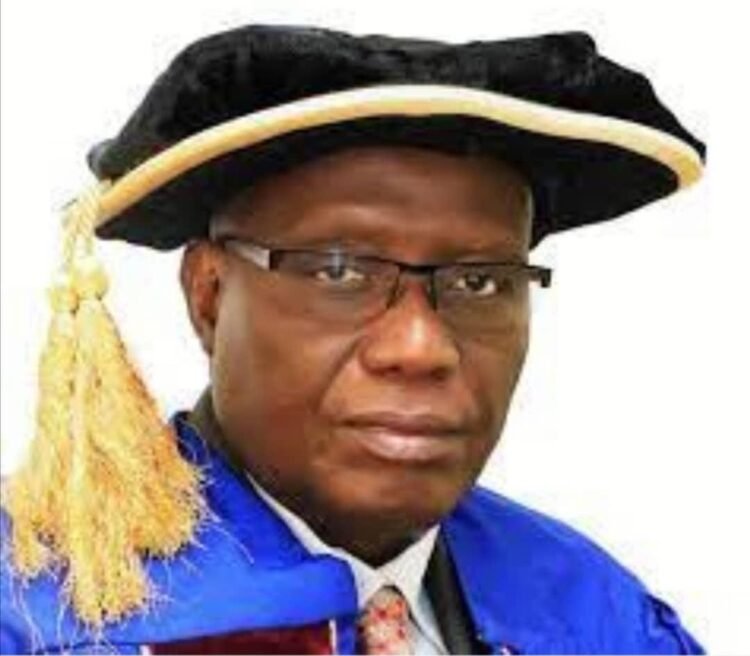Open, Distance Learning democratises education –- NOUN don
By Emmanuel Afonne Helen Kwanashie, a Professor of Pharmacology at the National Open University of Nigeria (NOUN), says the Open and Distance Learning (ODL) mode of learning democratises education and breaks geographical barriers. Kwanashie, a professor in the NOUN’s Faculty of Health Sciences, made this submission during a valedictory lectureContinue Reading

